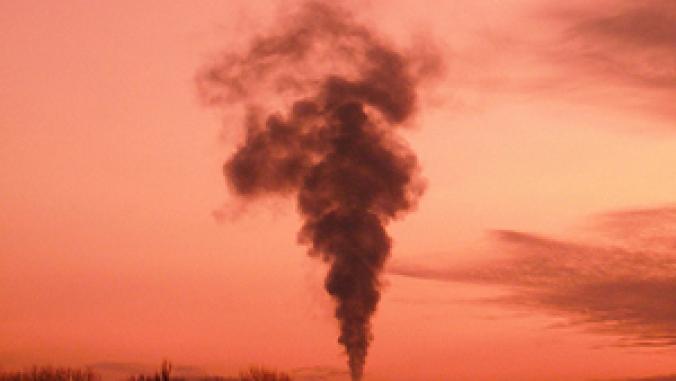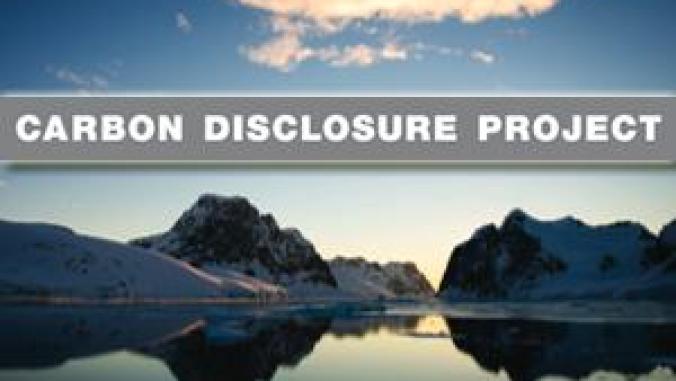Fair Trade Principles Meet Carbon Offsets
A start-up company has begun promoting carbon offsets originating in smaller, mission-based projects throughout the world.

A start-up company has begun promoting carbon offsets originating in smaller, mission-based projects throughout the world.
Dave Rochlin, former chief operating officer of fair trade certifier Transfair USA, and partner Katy Foreman have created ClimatePath, a firm that highlights certified carbon offset projects that also offer social value to the local communities in which they are generated.
For instance, the company sells offsets produced by the Rotor Elektrik Uretim Osmaniye Wind Farm in Turkey for $22 per ton of carbon dioxide (CO2). The project, certified by The Gold Standard, will reduce emissions in the coal-dependent country by 300,000 tons annually and contribute to sustainable development in the area.
There are also offsets selling for $14.50 per ton of CO2 that help indigenous farmers in Mexico earn a living by preserving forest land. A project in South Africa generates offsets from the installation of solar water heaters, compact fluorescent lighting and solar cookers for low-income homes outside Cape Town.
Profiles are provided of the offsets, which are verified through a third party, such as the Gold Standard, Green-e, Plan Vivo and Voluntary Carbon Standard. Rochlin hopes that certification, coupled with the profiles, will offer a level of transparency that ease concerns of potential buyers.
“There is a credibility gap,” he said. “People don’t see where the money is going and they don’t see offsets as effective.”
The offsets, he said, also avoid being bundled with others originating in projects that reward polluters for cleaning up their act. The website also allows individuals to calculate their carbon footprint, create an offset portfolio and buy the offsets. Its nonprofit arm, the ClimatePath Ecologic Fund, buys and retires the offsets.
Dave Rochlin, former chief operating officer of fair trade certifier Transfair USA, and partner Katy Foreman have created ClimatePath, a firm that highlights certified carbon offset projects that also offer social value to the local communities in which they are generated.
For instance, the company sells offsets produced by the Rotor Elektrik Uretim Osmaniye Wind Farm in Turkey for $22 per ton of carbon dioxide (CO2). The project, certified by The Gold Standard, will reduce emissions in the coal-dependent country by 300,000 tons annually and contribute to sustainable development in the area.
There are also offsets selling for $14.50 per ton of CO2 that help indigenous farmers in Mexico earn a living by preserving forest land. A project in South Africa generates offsets from the installation of solar water heaters, compact fluorescent lighting and solar cookers for low-income homes outside Cape Town.
Profiles are provided of the offsets, which are verified through a third party, such as the Gold Standard, Green-e, Plan Vivo and Voluntary Carbon Standard. Rochlin hopes that certification, coupled with the profiles, will offer a level of transparency that ease concerns of potential buyers.
“There is a credibility gap,” he said. “People don’t see where the money is going and they don’t see offsets as effective.”
The offsets, he said, also avoid being bundled with others originating in projects that reward polluters for cleaning up their act. The website also allows individuals to calculate their carbon footprint, create an offset portfolio and buy the offsets. Its nonprofit arm, the ClimatePath Ecologic Fund, buys and retires the offsets.
ClimatePath hopes its portfolio of seven offset projects will grow to as many as 30 by mid-2009.




